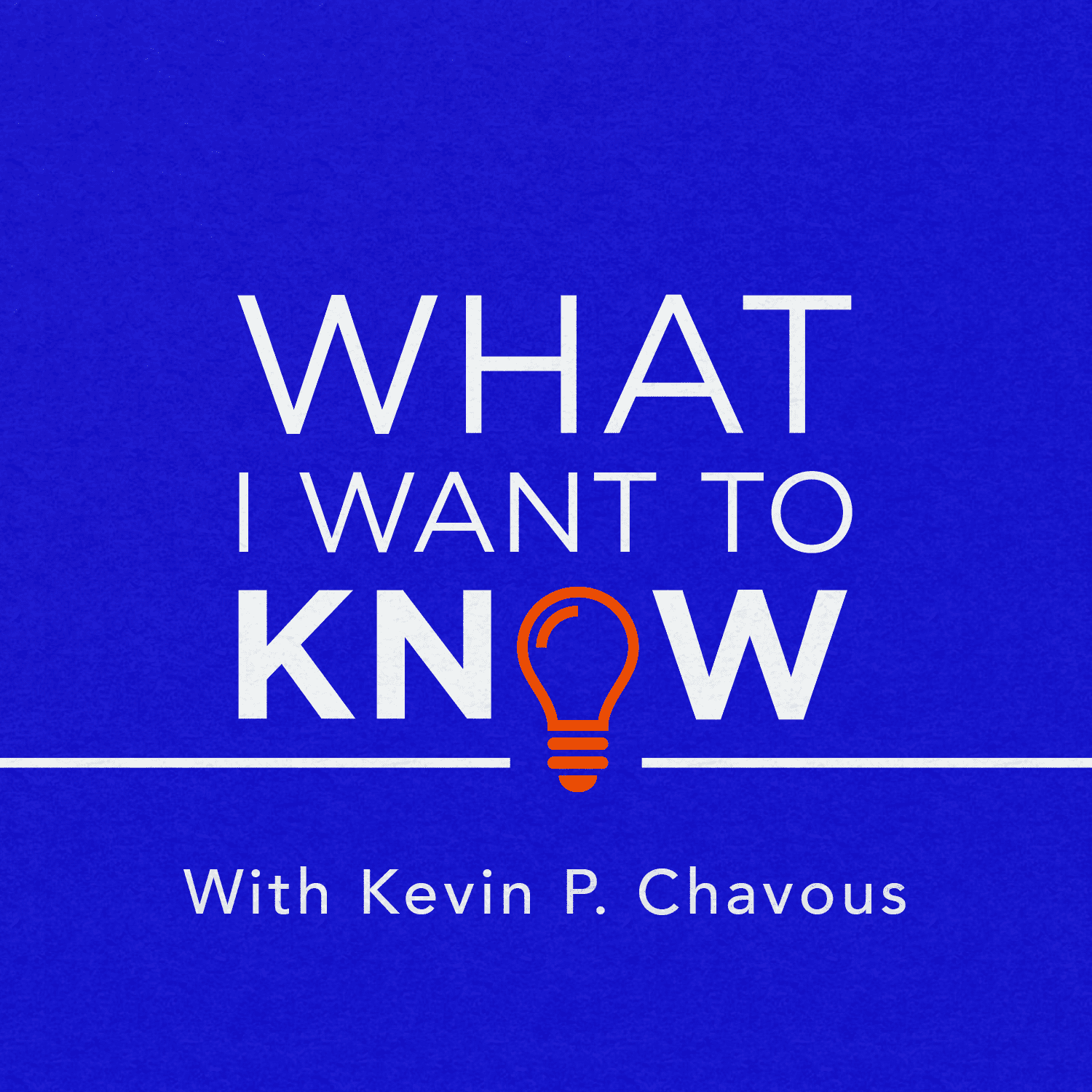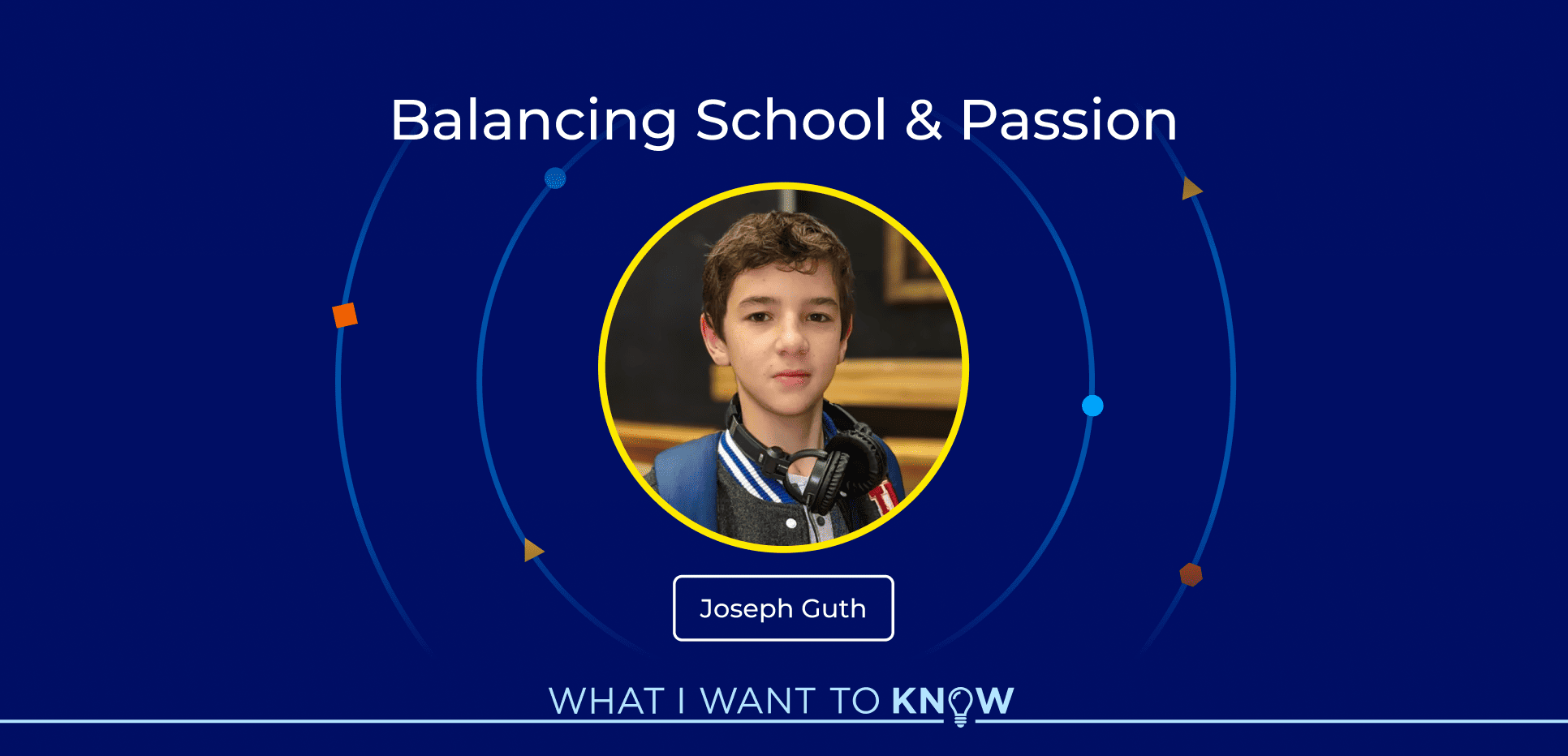
In this podcast episode of “K12 On Learning,” we dig into the overall parent responsibility when you choose to school online. Learning Coach and mother of four children, Corrie Munson, speaks to us about why she chose an online school for her children, and also the responsibilities she took on when she did so. Listen now!
Listen to the Full Audio
Transcript
“I have been so pleased and blown away with the support of these last two years. The math teachers at our [online] school, the time they have taken to explain things to my student… if they have a question, they’ll have office hours. If a student needs more help… they’ve made a personal connection with my student. And, I appreciate that.” ~ Corrie Munson
(Transcript available below)
START OF TRANSCRIPT
Heidi Higgins: Hi there I’m Heidi Higgins and you are listening to K12 On Learning, the most popular episode of this podcast was a conversation I had with an experienced online schooling parent. This guest was learning coach and mother of four, Corrie Munson. She spoke about why she chose an online school for her children and the responsibilities she took on when she did so. Today we’re going to revisit a few of her comments as we dig into the parent responsibility when you choose to school online. Welcome back, Corrie, can you please remind us of your background?
Corrie Munson: Sure. My name’s Corrie Munson and I have been a learning coach for many years. I have four children and the three oldest graduated from the Idaho Virtual Academy and schooled almost exclusively with that virtual school. And then I have a younger son in high school.
Heidi Higgins: Why did you choose to school your children online, Corrie. And how did you go about deciding where to turn for curriculum support and things like that?
Corrie Munson: Back when my oldest was in second grade, I just noticed that for the amount of time she was at the neighborhood school, there wasn’t a lot of learning happening. And so I started looking at homeschool options, and I brought her home, and we homeschooled for a couple of years. And during that time I found K12’s history and science curriculum and we loved it. And so we’d been using that for a couple of years and then the Idaho Virtual Academy started in our state. And so I was familiar with the curriculum for those two programs. And so I learned more about the philosophy and did my research, talked to teachers, looked at the curriculum and decided that was something that we really wanted to try.
Heidi Higgins: It is important to note here that the K12 curriculum is used in dozens and dozens of online and hybrid schools across the country. The Stride Career Prep courses are used in many of those online and hybrid schools and also in many traditional schools as well. Each school is different and independent of each other. Each school is operated within the laws and jurisdiction of the individual state and under its own local governing school board. Corrie’s children attended the Idaho Virtual Academy and you may be able to find a school near you powered by the K12 curriculum on the k12.com website or stridelearning.com. Corrie, you have been deeply involved with your four children and their educations. I suspect your experience with each one was a little different. True?
Corrie Munson: All of my children are different. My oldest, she just made everything look easy. And so she tells me it wasn’t easy. And I know that she put the work in, but it looked easy. It looked like things came easily to her. And so, I mean, it was fairly smooth sailing.
And then with my second daughter, she made everything look hard, everything was hard and she’s a great student, but she put the time and effort and so did I into learning, into her succeeding and understanding the material. And so I learned probably the most educating her because we had to slow things down, look at things differently. Sometimes I had to ask for help from the teacher to get some supplemental materials so that we could understand. It was math we were working with the most. And so it was a different experience with her.
My third child, a boy. Again, I thought we were a well oiled machine going forward. And he’s a 10th grader. So we’ve been doing this his whole life. I mean, he’s been doing this for 10 years, online schooling. So he is a 10th grader in math. And one day in November, I get a phone call from his math teacher and I shouldn’t admit this, but she said to me that he hadn’t done one assignment in, I think it was geometry. He hadn’t done one thing. And I was absolutely speechless and embarrassed. And this was back when … It’s not like that now, but your emails came to the online school. And so it was not as convenient as it is now where it will come to your normal email program or to your phone. So you had to go in and look at the emails. So that’s my only excuse, but I blew it that semester.
I blew it as a learning coach. I take responsibility for that. And I share that because I want others to not make that same mistake. That even when you think it’s going really smooth. And when you ask, “Hey, how’s math going? Or did you get that done?” And you get a yes answer, I stopped asking, yes, no answers. I now ask what section he is on. And then I go into the online school and I look.
My youngest, now he says to me, “Don’t you trust me?” And I’m like, “I absolutely trust you, but I’ve agreed to be a learning coach and it’s my job to check on these things. This has nothing to do with trust.” And so I learned my lesson that it’s my job. It’s my job to see how my student’s progressing. And so that’s been a good lesson for me. And I feel like it’s been smoother with my last student too, that we just have a routine of checking in and I see where he is at, and if he’s having any problems and we work through it.
Heidi Higgins: Thanks for sharing that Corrie. Following the student progress is one of those responsibilities that a parent does take on when you school at home. What are some other things that a parent might need to do to keep the learning running smoothly?
Corrie Munson: Just if there’s subjects that are tough for them, we just have to again, find resources and help them. I remember with one of my daughters in math, as I talked about, I mean, I just remember one semester she cried a lot, I cried a lot and we had to learn that, just work through the material, not get so frustrated or wrapped up in it, and then ask for help when we need it. So that’s a challenge that we worked through.
Heidi Higgins: What kind of teacher and staff support have you experienced?
Corrie Munson: Teachers, I have had really positive experiences over the years. And recently, I mean, this is my freshest experience in the last two years is if things are going smoothly, I don’t have a lot of interaction with the teacher. My student does, but I can overhear interactions. And then I’m copied on all the emails that go back and forth between the student and the teacher. So I know what’s going on there.
But I have been so pleased and blown away with the support, this last two years, the math teachers at our school. The time they have taken to explain things to my student, if they have a question, they’ll have office hours. If a student needs more help, they just have … I don’t know how they do it because I know they have a lot of students, but they’ve made a personal connection with my student and I appreciate that. And I do, I try to go out of my way to let them know how much I do appreciate it, because it can make all the difference and we have amazing teachers. And then sometimes we just have teachers, and I think it’s a good lesson for students, for children to learn that everybody’s different and it’s different personalities. And we all just learn to accept that other person for the way they teach or how they present the material. And that’s okay. We’re going to face that our whole life.
Heidi Higgins: Thank you, Corrie. So, you know what’s coming next. This is the number one question when families are looking to school online, what about the children’s socialization?
Corrie Munson: As the parent, I had to create ways for them to be with other kids. And sometimes we have to do that. We can’t rely on another people. We have to start things up, or I actually became a 4H leader, and we had a 4H group meeting, and they got to meet some really good friends through that. And 4H is an amazing program, but I also loved that they would work on these projects and then it would culminate in the fair that fall or that summer. And so we were just around a lot of kids with 4H. We also participated in learning co-ops when we could, and just meeting with friends across the valley where we live. We tend to church where the kids are in youth groups. And so they get to interact with kids there. And also they’ve all … And I think my youngest is even planning to. They’ve all volunteered at our local hospital. And so in their teen years, they were able to socialize with adults and the elderly and children. And so that volunteering experience was really good for them.
Heidi Higgins: So Corrie, I have a personal question for you. What did you give up when you decided to school your children at home? And what, if anything did you gain?
Corrie Munson: Oh, great question. I had a whole five year plan from the time my youngest son was going to go to kindergarten. So we have the three kids and then there’s quite a gap before our youngest now. But when my third child, when he went to kindergarten, I had a whole plan. I was going to go back to school, work on my higher degree, and I had all kinds of dreams and that changed. It changed when I saw the opportunity to educate the kids. And at the same time, educate myself.
I realized there were other things I could be doing. And we didn’t give anything up to do this. We started a family business. I started selling books back on eBay when nobody knew what eBay was. So at the very beginning, and then that built into a family business of selling books. And then later moved into another little store online. And so the kids were able to have that experience, seeing how a business worked and being able to help with that. So we gained that kind of entrepreneur knowledge and experience and hard work. And we also gained a lot of family time together.
Heidi Higgins: Do you feel that your children were prepared or are prepared for the next steps in their life?
Corrie Munson: The kids were very prepared for college and they’re quite independent. And I think they learned that from taking that ownership of their education. And so that transfer to going to college wasn’t that difficult for them. So I’m grateful for that. I wish they were going to school in the same city where I am, but they’re not. And then my youngest is headed into high school.
Heidi Higgins: What do you think is the most rewarding thing that’s come from having your children at home for their education?
Corrie Munson: It’s the strong family relationships we have. I think it’s my relationships with them that we can go through hard things, we can go through happy things, we can be frustrated with each other one day and or one hour and then get over it. It’s just working through those hard times, those easy times, enjoying the good times. I think it’s just growing together as a family and strengthening those bonds and the kids have a good foundation both academically and with each other.
Heidi Higgins: Would your children recommend the education lifestyle you provided?
Corrie Munson: Actually, I saw my oldest last night and you had mentioned this question. I asked her if she would recommend this. And she just immediately said to me, she said, “I wouldn’t change a thing.” And that really kind of choked me up for a sec. That was really sweet.
Heidi Higgins: I’m grateful for your time here today Corrie. As we are wrapping up, are there some moments you could share that maybe you have enjoyed because you’ve been schooling at home?
Corrie Munson: This is not life changing or anything, but this is just a simple moment that happened a couple of months ago. I was in the kitchen and my son was sitting on the couch with his laptop and he was in a class connect and I could hear the teacher. And so I kind of walked over and was looking at the screen and he wasn’t aware of me at all, but I could hear the teacher and it was so engaging. It was just like this moment, frozen time. And I thought, this is what parents want. They want their child to be engaged in learning. And they’re in a safe environment, they’re in a healthy environment. And that moment is frozen in my mind that this is education. It’s education. It was obviously the best experience for him and I loved that.
We’ve had moments of just taking advantage of the simple things in life. I remember one day there was a snowstorm and where we live, the snow melts really fast. And I loved that the kids were home and I just immediately said, “Go outside, go play.” And they could do that. And then when they’d been out there a little while and got cold, they came back in and we just picked up right where we were on our schoolwork and kept going. This is a funny, this is completely different. But a funny lesson I learned. We were getting up at the crack of dawn. And so with young kids, we were also getting done with school pretty early. And then we had that long rest of the day and it finally occurred to me. We don’t have to get up this early. And so I let the kids sleep a little longer. And I don’t know. I mean, that made a difference for me. So just see how your family works, and what works for your kids, and your days and make adjustments as you go along.
Heidi Higgins: Thank you Corrie, for sharing your thoughts and experiences with us. There are some big decisions being made out there. It is a fact that a well rounded, quality education can happen online from your home. It takes a dedicated parent, support from teachers trained specifically to educate online and a willing student. It’s a worthy and safe choice.
A special shout out to the team who brings you K12 On Learning. Autumn Schiff oversees the operation. Jennifer Kornberger edits and prepares the content for visibility. Sarah Allison helps with the artwork and graphics. My thanks to these individuals for their support and care.
Thank you for listening to K12 On Learning, sponsored by Stride. To learn more about online public schools, powered by K12, Stride Career Prep programs that foster lifelong learning, or any of the private school or individual course offerings, please go to stridelearning.com or k12.com.
Special thanks to Tree K Studios for providing the music for us. Remember to subscribe to this podcast and feel free to leave us a good review. We hope you’ll join us next time for K12 On Learning.
END OF TRANSCRIPT

Meet a Leader in online education.
See why over two million students have chosen K12-powered schools.






